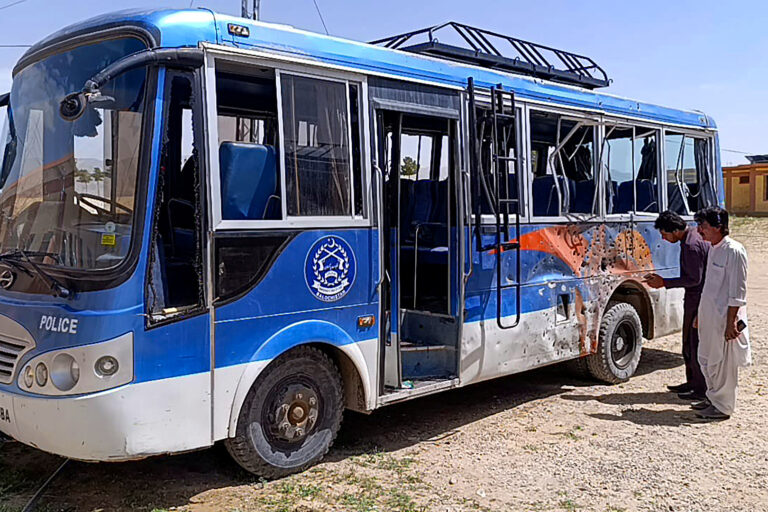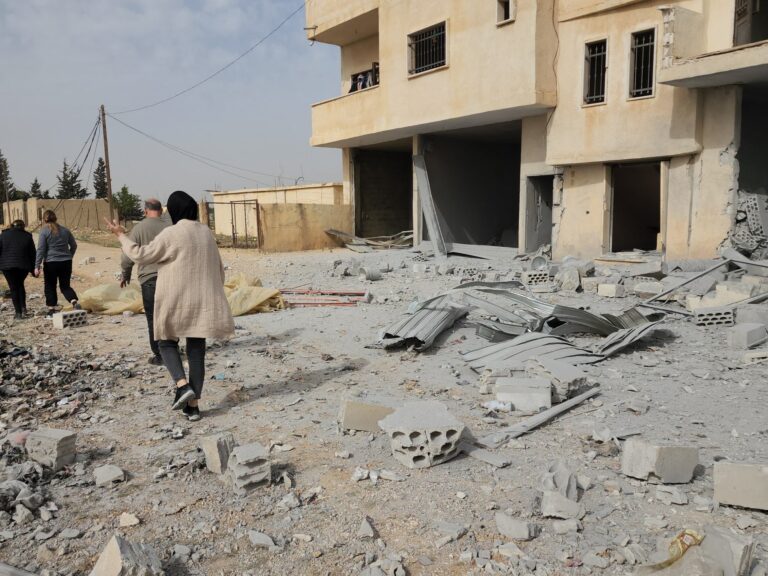
El Salvador has recently garnered global attention due to its controversial and aggressive approach to crime and incarceration, particularly highlighted by the establishment of mega-prisons intended to accommodate thousands of gang members and violent offenders. These facilities are part of a broader strategy adopted by the Salvadoran government to combat rampant gang violence, which has plagued the country for decades. The government’s decision to build these large-scale prisons is viewed as a necessary measure to restore public safety and order, but it has also attracted significant criticism from human rights advocates and legal experts who question the implications of such a system.
In recent discussions, the idea has emerged that the United States might consider sending its own citizens—particularly those engaged in gang activities or serious criminal offenses—to these Salvadoran mega-prisons. This proposition introduces a myriad of complex legal and ethical dilemmas surrounding human rights, the treatment of inmates, and the troubling implications of outsourcing incarceration to foreign nations. Such a move raises important questions about the adequacy of legal protections for inmates, the potential for mistreatment, and the standards of living within these facilities. Critics fear that the conditions in these mega-prisons may mirror those of overcrowded and inhumane environments that have been documented in various parts of the world, leading to further violations of inmates’ rights.
On the other hand, proponents of this idea argue that sending U.S. citizens to El Salvador could alleviate some of the overwhelming pressure currently faced by the U.S. prison system. With American prisons often criticized for their overcrowding and high costs, outsourcing certain offenders to foreign facilities might be seen as a pragmatic solution that could also serve as a deterrent against gang involvement and serious crimes. The rationale behind this argument is that the prospect of incarceration in a foreign mega-prison could instill fear in potential offenders, thereby reducing crime rates.
Ultimately, the conversation surrounding the possibility of transferring U.S. citizens to Salvadoran mega-prisons encapsulates the intricate and multifaceted nature of international criminal justice. It reflects the ongoing struggle both nations face in addressing gang-related violence and crime while grappling with the moral and ethical responsibilities that come with incarceration. As discussions continue, it is crucial to consider the broader implications of such policies, not only for the individuals involved but also for the societies that must navigate the consequences of these decisions. The potential partnership between the U.S. and El Salvador in this regard could set a precedent for how nations address crime and punishment on an international scale, raising significant questions about sovereignty, justice, and humanity in the pursuit of safety and security.
El Salvador has gained international attention for its controversial approach to crime and incarceration, particularly with the establishment of its mega-prisons designed to house thousands of gang members and violent offenders. Recently, discussions have emerged regarding the potential for the United States to send its own citizens to these facilities, particularly those who are involved in gang activities or serious crimes. This proposition raises significant legal and ethical questions about human rights, the treatment of inmates, and the implications of outsourcing incarceration to foreign nations. Critics argue that such a move could exacerbate issues related to overcrowding and inhumane conditions, while proponents suggest it could relieve pressure on the U.S. prison system and serve as a deterrent for criminal behavior. Ultimately, the conversation surrounding this possibility underscores the complexities of international criminal justice and the ongoing struggle to address gang-related violence in both countries.



